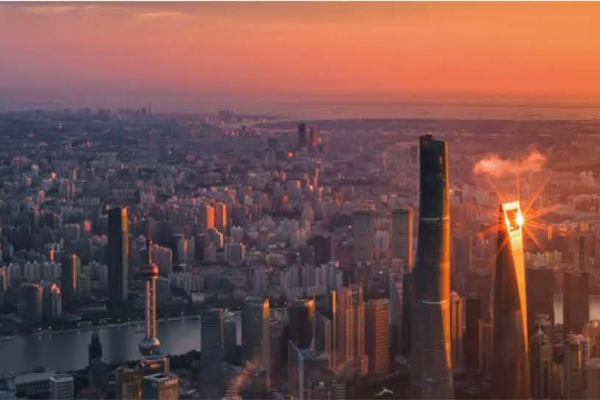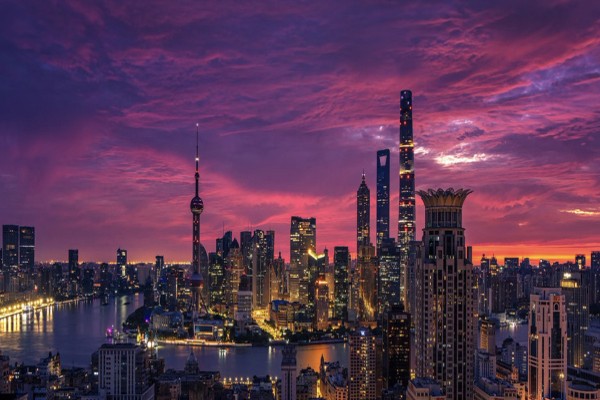Amazon's new strategy against fake
Big brands leave Amazon. Amazon and Valentino join forces to sue a vendor accused of selling fake items on the platform. Amazon creates and launches the new Counterfeit Crimes Unit hiring big names with Federal Government career. Are we connecting the right dots? Read the article to discover more…
In January this year IKEA became the latest brand to stop selling on Amazon. The Swedish retailer joined Nike, Birkenstock and others, which decided to leave the biggest market platform.
The moves have sparked fears that Amazon will soon see more big brands leave the site, due to the fact that Amazon can’t really control the originality of products sold: even if you buy something that is technically sold by Amazon under the brand’s name, you might end up with a product supplied by a third-party merchant, which may or may not be the real thing. And that doesn’t make brands happy, because it makes them look bad to consumers who receive counterfeit goods.
Amazon’s fight against fake sellers isn’t new, but Amazon has for many years transformed itself from a "direct" online retailer to a marketplace: like a giant shopping mall, it offers space to external companies, with which very detailed agreements are made, precisely to prevent – unknowingly – Amazon becoming a showcase, a vehicle, for counterfeit products.
Amazon says its current anti-counterfeit programs have ensured that 99.9% of all Amazon products viewed by customers did not have a valid counterfeit complaint. Still, that tiny 0.1 percent that makes it through without getting caught is a problem.
However, something is about to change: right after the joint legal action taken by Valentino and Amazon on June 19th against the company "Buffalo, Kaitlyn Pan Group” (accused of counterfeiting the iconic Valentino Garavani Rockstud shoes), Amazon announced, on June 24th, the creation of a new Counterfeit Crimes Unit dedicated to the persecution of those vendors selling counterfeit products on the platform.
The unit consists of a global team involving “former federal prosecutors, experienced investigators, and data analysts”, and will not only identify counterfeit goods but also punish those who try to sell them via its platform.
Compared to the past actions, this is completely a new approach to the problem. Instead of defending the platform from being accused to host counterfeits products or false sellers, Amazon is going after the fakers hard and heavy, aiming at keeping the fake products off their platform and bringing the crooks to justice.
Is the fallout of big brands from the platform the reason why Amazon enhanced the Counterfeit Unit? It might be. Recently, some big investors, such as Unilever, Verizon, Patagonia, Northface and CocaCola decided to suspend their advertisements on Facebook, Instagram, Twitter and YouTube because the platforms did not take a clear position against racism.
This is interesting under the business model point of view: it might mean that, if you want to stay in the market, you have to take into account your client’s requests, whatever they are. Old story… still true over the social media.
HFG Law&Intellectual Property


